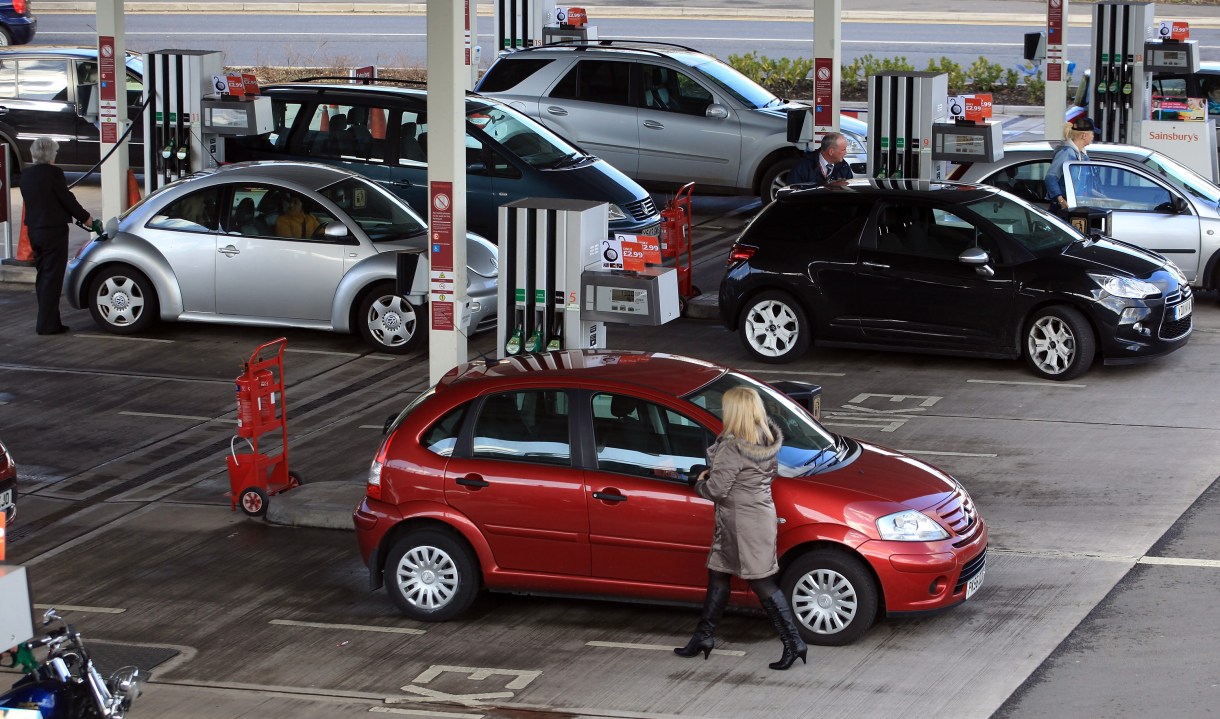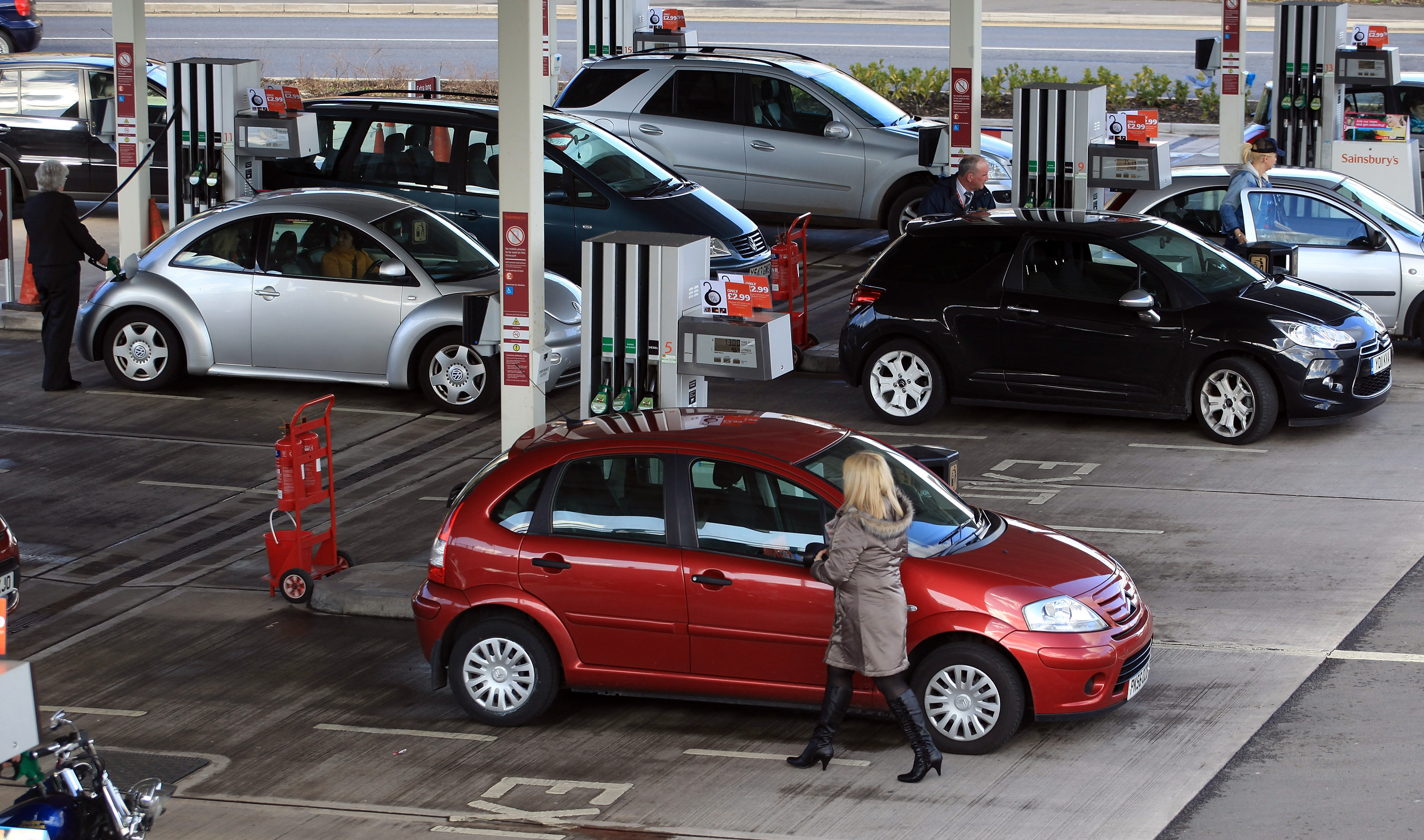So, once again, we face the prospect of disruption at the pumps, as tanker drivers have voted for strike action over their terms of employment. According to the union Unite, their demands are ‘industry minimum standards and industry wide bargaining on pensions, terms and conditions, training and health and safety’. In all, around 2,000 drivers at seven fuel distribution companies voted, with 61 per cent of them in favour. A majority approved strike action at five of the seven firms, while at DHL and Suckling drivers rejected it.
The government is, naturally, keen to avoid such a disruptive strike and has been quick to condemn it. Energy Secretary Ed Davey told the Today programme this morning that ‘This strike is completely unnecessary. It should not go ahead.’ Downing Street has
called for talks between the unions and employers in the hopes of preventing a strike — a call that has been backed by both Ed Miliband and the CBI. But in case they fail, efforts
are underway to reduce the disruption a walkout would cause. Next week, army drivers will begin training in case they have to stand in for
the strikers. And a No.10 spokeswoman suggested that the public should be bracing themselves too:
If strikes do go ahead, it would be the first major disruption of petrol stations since the protests of 2000. Then, it was a case of drivers and campaign groups taking action against the government over fuel taxes. This time, the situation’s very different: it’s employees protesting against their employers. But this government will be all too aware of how damaging the 2000 protests were for Blair — many have said that they marked the end of his honeymoon. That’ll no doubt add to their determination to avoid chaos this time around.‘People will draw their own conclusions. Those who rely on vehicles for work should ensure contingency plans are in place. Businesses should look at their contingency places, should there be a dispute.’







Comments